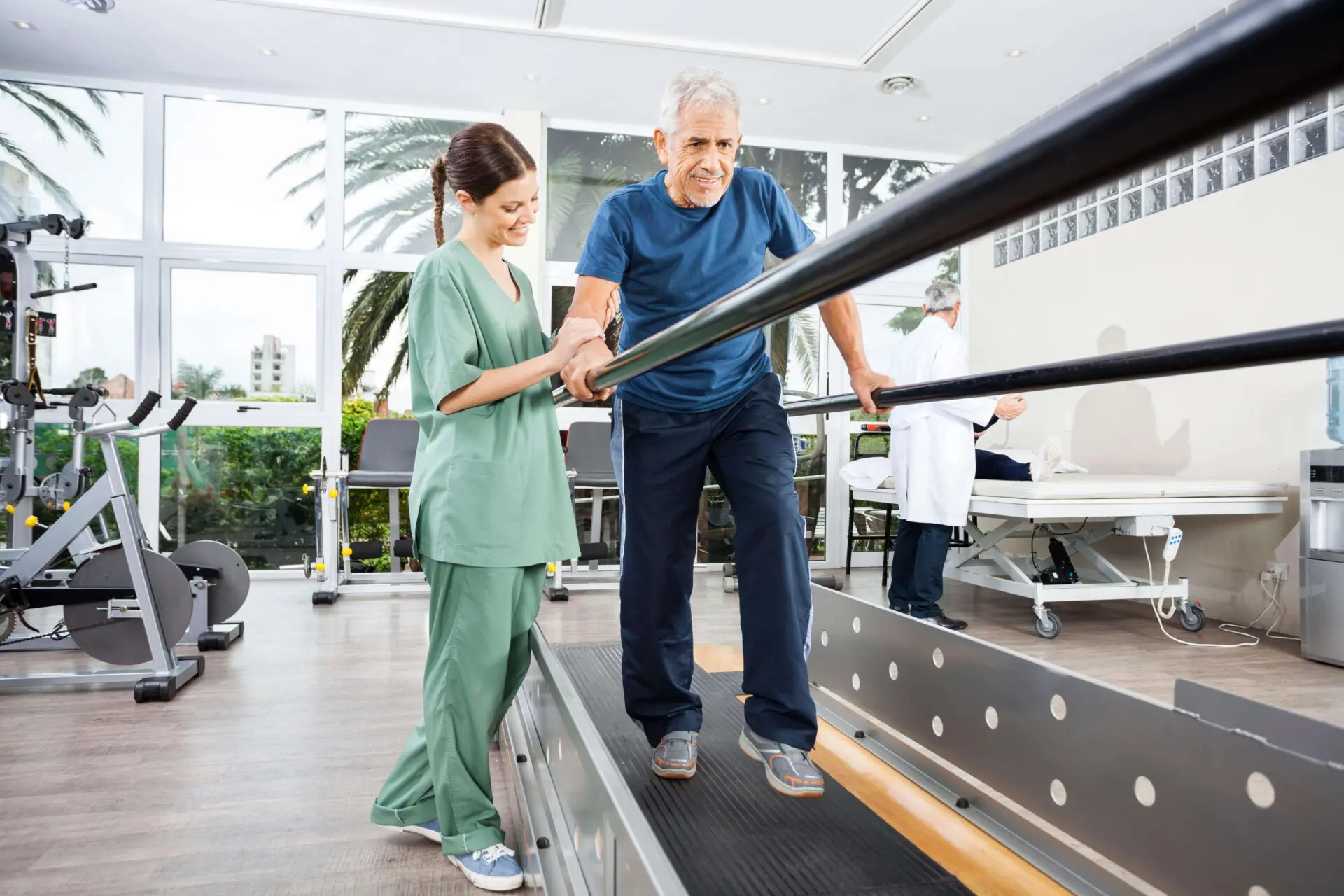Some Known Incorrect Statements About Dementia Fall Risk
Some Known Incorrect Statements About Dementia Fall Risk
Blog Article
Some Known Details About Dementia Fall Risk
Table of ContentsNot known Factual Statements About Dementia Fall Risk The Ultimate Guide To Dementia Fall RiskThe Only Guide to Dementia Fall Risk5 Simple Techniques For Dementia Fall Risk4 Simple Techniques For Dementia Fall Risk
You may be anxious due to the fact that you have actually had a fall before or because you've discovered you're starting to feel unsteady on your feet. You might have discovered changes to your health, or just seem like you're slowing down a little. Whatever the reason, it isn't unusual to become cautious and lose confidence, and this can quit you doing the points you made use of to do and make you really feel extra separated.If you have actually had a fall or you have actually begun to really feel unstable, inform your physician also if you really feel fine otherwise. Your doctor can examine your balance and the way you walk to see if renovations can be made. They might have the ability to refer you for a falls danger evaluation or to the falls avoidance solution.
This info can be acquired via meetings with the individual, their caregivers, and a review of their medical documents. Begin by asking the private regarding their history of falls, including the regularity and conditions of any recent drops. Dementia Fall Risk. Inquire regarding any mobility issues they may experience, such as unstable or trouble strolling
Conduct a thorough testimonial of the individual's drugs, paying specific attention to those recognized to boost the risk of drops, such as sedatives or medications that reduced blood pressure. Determine if they are taking several drugs or if there have actually been recent adjustments in their medication routine. Evaluate the person's home atmosphere for possible dangers that could boost the danger of drops, such as inadequate illumination, loosened rugs, or lack of grab bars in the restroom.
What Does Dementia Fall Risk Mean?
Overview the person via the fall risk assessment form, discussing each question and tape-recording their actions precisely. Determine the overall risk rating based on the feedbacks given in the analysis type.
Frequently monitor the individual's progression and reassess their danger of drops as needed. Supply recurring education and assistance to promote safety and security and minimize the risk of falls in their everyday living activities.
Several studies have actually shown that physical therapy can help to minimize the threat of falling in adults ages 65 and older. In a new research study (that checked out drops risk in ladies ages 80 and older), scientists computed the economic influence of choosing physical therapy to avoid falls, and they found that doing so conserves $2,144, including all the concealed prices of your time, discomfort, missed life events, and the bucks spent for solutions.
Unknown Facts About Dementia Fall Risk
Checking your heart rate and high blood pressure measurements at rest and while you turn (from sitting or lying to standing). A basic test of your thinking (cognitive) capacities. Analyzing your equilibrium, toughness, and strolling capability. A basic vision examination. Examining your feet and footwear. A home security assessment. Based on the evaluation results, your physiotherapist will certainly develop a plan that is customized to your particular requirements.
Older grownups who have problem walking and chatting at the exact same time go to a greater risk of dropping. Dementia Fall Risk. To assist increase your safety and security during everyday activities, your physical specialist may design a training program that will certainly challenge you to maintain standing and strolling while you do one more job. Examples consist of walking or standing while counting backwards, having a conversation, or lugging a Recommended Reading bag of groceries
Set goals for raising their physical activity. Work out more to boost their toughness and balance. These programs usually are led by volunteer trainers.
The Greatest Guide To Dementia Fall Risk

Measles, or rubeola, is a very contagious, acute viral contagious condition brought on by the measles infection. Some people think of measles as simply a breakout and fever that improves in a couple of days; however, measles can trigger severe wellness difficulties, particularly in youngsters more youthful than 5-years-old. The most effective security this website versus measles is the measles, mumps, and rubella (MMR) injection.
Loss are a common root cause of injury among older adults. According to the CDC, in one year alone, fall-related injuries added to over $50 billion in medical costs (Dementia Fall Risk). In medical facility setups, older grownups go to particularly high danger of drops due to the fact that their reduced movement from being restricted to a space or bed.
Unknown Facts About Dementia Fall Risk

She has no history of falls, her stride is stable, and she invalidates with no problems. The previous nurse states that she calls for assistance to the shower room when she needs to go.
Instances of typical fall interventions/measures consist of: Ensuring a person's essential products are within reach. Placing the client's bed rails up with the alarm system on. Assisting a person while they're standing up from bed. sites Past understanding just how to use the Johns Hopkins Loss Danger Analysis Tool, it is essential that facilities include its use right into a more detailed loss prevention strategy.
Report this page